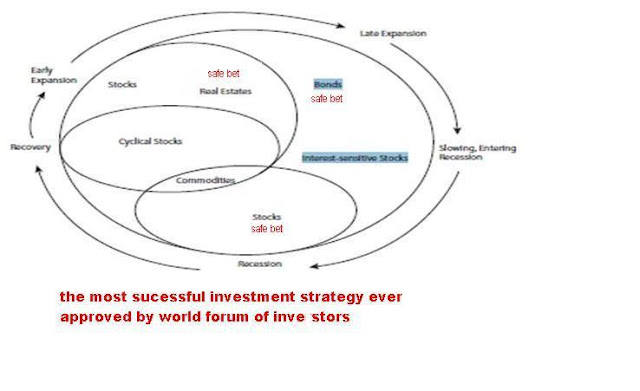China is disrespecting America.
The Asian giant is an international trade outlaw, and U.S. manufacturers and workers are its crime victims.
China illegally subsidizes its export industries and unlawfully manipulates its currency. That kills U.S. industry and destroys U.S. jobs. Earlier this year, the Obama administration asked China nicely to allow its currency value to float up naturally on international markets. On June 19, China said it would.
And then it didn’t.
That’s flipping the bird at America.
Before China’s June 19 promise, bipartisan groups of lawmakers in the U.S. House and Senate proposed legislation that would force the U.S. Treasury Department to even the score and to call China out for what it is: a currency manipulator. Hearings on the bills are being conducted this week.
Pass the legislation. It’s time for America to flip the bird back.
Negotiation and threats have failed to produce a sustained, substantial currency float by China. Now, the Chinese currency, the renminbi, is undervalued by as much as 40 percent, a figure accepted by conservatives like C. Fred Bergsten of the Peterson Institute for International Economics. Even the International Monetary Fund managing director said the currency is undervalued.
China simply denied it. In March, the Chinese premier, Wen Jiabao, said he did not believe the renminbi was undervalued. That’s flipping off the world.
It works like this: China prints renminbi to buy billions of U.S. dollars, which makes them appear more desired and valuable, and the renminbi, by contrast, less valuable. That undervaluation of the renminbi acts as a subsidy for Chinese exports, artificially making them as much as 40 percent cheaper when sold in the U.S. Conversely, it acts as a tax of as much as 40 percent on American-made goods sold in China.
This dynamic contributed significantly to the rise of manufacturing in China. Earlier this year, China surged past Japan to become the world’s second-largest economy. And it contributes significantly to America’s massive trade deficit. The gap in July was $42.8 billion, more than half of which -- $25.9 billion -- was a result of trade with one country – China.
China’s rapid economic growth has ended poverty for millions of its workers. Here in the United States, however, China’s flouting of international trade law is destroying the lives of millions of workers. The Economic Policy Institute estimates that 2.4 million American jobs have been lost or displaced since 2001 as a result of the trade deficit with China. American workers celebrate their Chinese counterparts’ improved quality of life, but they condemn the government of China for accomplishing that with beggar-thy-neighbor trade practices.
Earlier this year, it briefly looked like threats would prompt China to act. In March, a bipartisan coalition of U.S. Senators introduced legislation specifying the factors necessary to label a country as a currency manipulator and detailing American reprisals. And in April, the Treasury Department delayed its report identifying countries that manipulate currency rates, suggesting that it was ready to take on China.
China appeared to respond to that pressure in June. It announced it would allow the renminbi to float toward its real value on the open market. The Treasury Department backed off, omitting China from its list of currency manipulators in July.
China then permitted the value of the renminbi to rise less than one percent. One percent. When it’s as much as 40 percent undervalued. That’s flipping the bird at America. Big time.
Still, America didn’t react.
On Aug. 25, the Commerce Department announced 14 new measures to crack down on trade violations such as ending certain exemptions from duties.
It did not, however, mention currency manipulation.
Dan DiMicco, CEO at Nucor Corp., the largest U.S. steelmaker, said the 14 measures are important, but the problem with China won’t be resolved until the United States takes on currency undervaluation. Here’s what he said:
“As long as we continue to let them get away with it, they’ll keep doing it.”
Six days later, in a trade case filed by the U.S. Aluminum Extrusions Fair Trade Committee, a coalition of domestic manufacturers of aluminum extrusions and the USW, the Commerce Department again squirmed out of dealing with currency manipulation.
Commerce imposed import duties on Chinese aluminum companies because China unfairly subsidized $514 million in aluminum exports to the U.S. in 2009. But Commerce refused to investigate the Fair Trade Committee’s evidence that China’s currency manipulation functions as an additional illegal export subsidy.
Sen. Chuck Schumer of New York, a sponsor of currency manipulation legislation, said afterward:
“The Commerce Department made its finding while still managing to ignore the elephant in the room, which is China’s currency manipulation.”
Commerce and Treasury have decided the proper response to China flipping off America is averting their eyes. See no evil.
Yesterday Japan followed China’s lead. It bought dollars and sold yen, decreasing the value of yen and increasing the value of dollars. This, the New York Times explained, was “a bid to protect its export-led economy.” That’s exactly what China is doing.
It’s a very public show of contempt for international regulations and for American citizens.
Normally, Americans don’t respond passively to contempt. Be normal, America.














